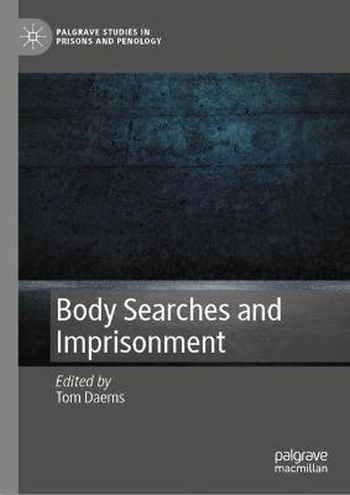
This book explores and addresses body search practices in prison environments from different angles (criminology, sociology, human rights and law) and discusses such practices in different national contexts within Europe. Body searches are widely used in prison systems across the globe: they are perceived as indispensable to prevent forbidden substances, weapons or communication devices from entering the prison. However, these are also invasive and potentially degrading control techniques. It should not come as a surprise, then, that body searches are deeply contested security measures and that they have been widely debated and regulated. What makes theses control measures problematic in a prison context? How do these practices come to be regulated in an international and European context? How are rules translated into national law? To what extent are laws and rules respected, bent, circumvented and denied? And what does the future hold for body searches?